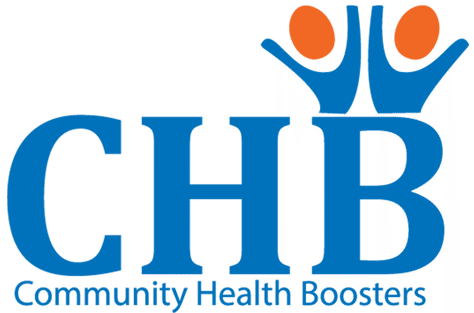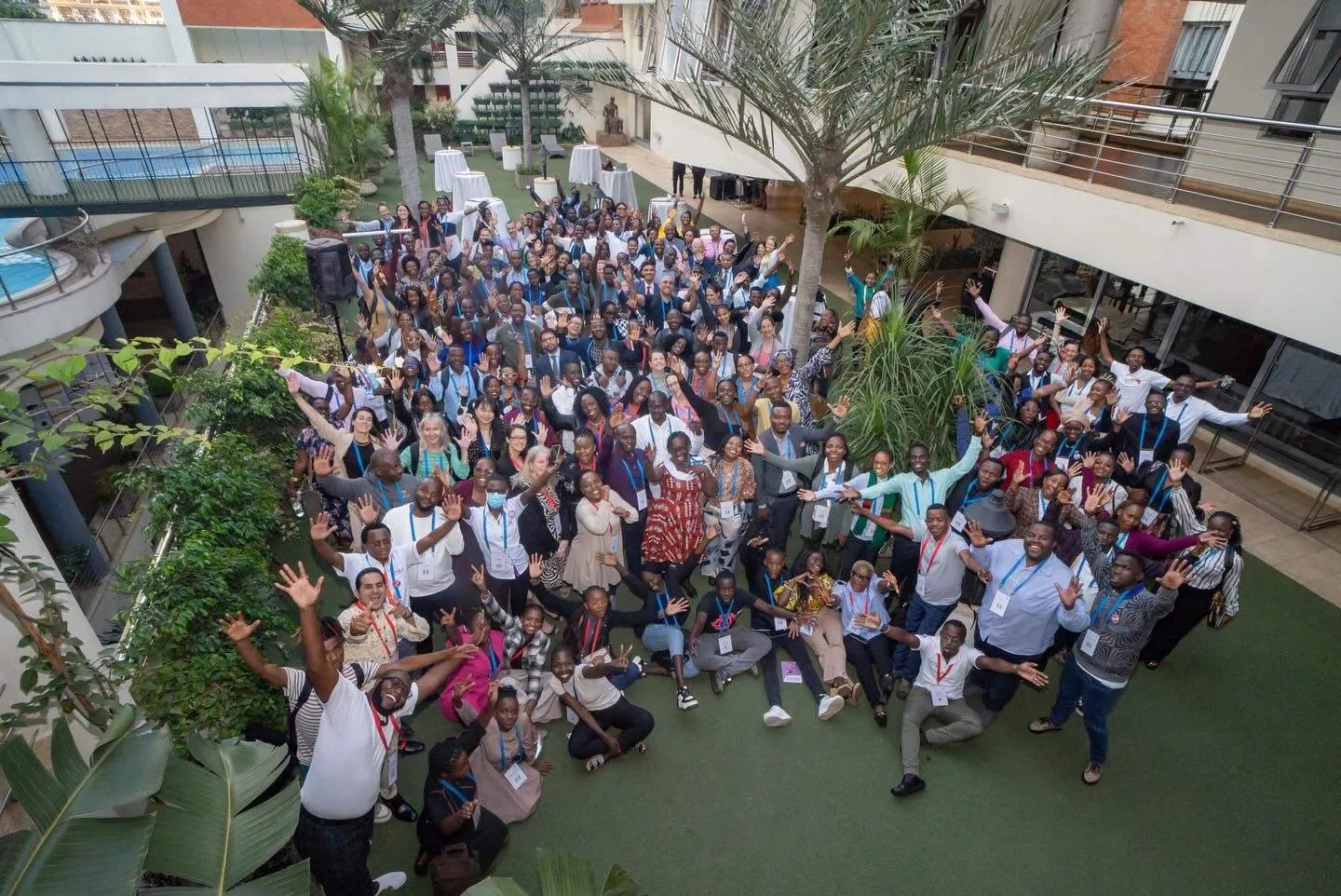This is an SRH game designed to be played by young peers and peers, children and parents, teachers and students. Its main purpose is to create a rapid demand and increase awareness and uptake of FP/ASRH services among young people through social behavior change in a funny learning environment!
The game also demonstrates how the negative sexual and reproductive health consequences like teenage/unwanted pregnancy and HIV/AIDS can badly affect the life of young people and how on the contrary, its positive power like abstinence and protected sex can favor them to achieve success in life. In addition, the game teaches sexual and reproductive health, life and social skills to the young and adolescent people through the Question-Answer approach using the cards. The game questions are classified into age groups of 10-14 and 15 and above, and can be played by 2-4 people. This breaks the silence, stigma, embarrassment, judgements, cultural barriers, misconceptions and myths around sexual and reproductive health.
The conversations around sexual and reproductive health and sexuality remains in “SILENCE” While being a vital aspect of growth and development throughout our lives. To add on, teaching about reproductive health education is not always easy. It includes talking about bodies, sex, and sexuality, which takes preparation and courage. The topics can seem personal and even embarrassing to many of us. YAhealth “Youth and Adolescent Health” game aims to trigger, open up and favor the discussions around reproductive health between peers and peers, children and parents, teachers and students by providing high quality reproductive health education.
Because a lot of schools don’t have the smart classes where students can be able to access the smart/small phones and computers, YAhealth game is designed to be specifically used in secondary schools in students-to-students or students-to-teachers/mentors learning approaches. In addition, this game will be used in youth corners, safe spaces and youth-friendly centers by the young people and health educators during education sessions targeting out of school and in schools’ young people during the holidays. Moreover, it also looks to promote parents/guardians-to-children discussions around sexual and reproductive health at home.
By meaningfully engaging the young people in the funny learning, this game contributes to promotion of reproductive health and equipping the youth with the related information and skills through; increasing key message retention, decreasing anxiety, increasing group cohesiveness, getting them to talk, helping youth learn from each other, energizing players, taking players’ minds off troubles, teaching social and life skills, building the thinking skills, offering a chance to “show off” knowledge, lightening up the setting and FUN!
These tools—both information and skills provided through this game— equips youth for a lifetime of high self-esteem, physical and emotional strength, loving relationships, planned families, and positive sexuality and masculinity. These tools will also protect them from HIV and other sexually transmitted infections (STIs), unwanted pregnancy, abortion, rape, emotional and physical violence.

